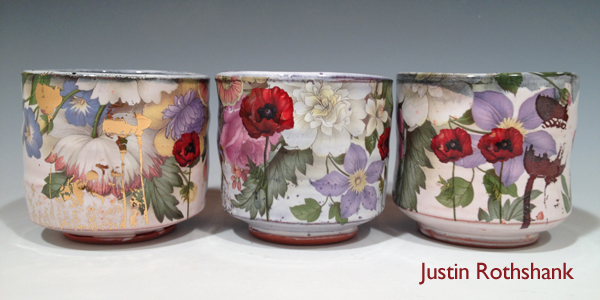This chapter describes how to make both water based and solvent based versions from describing screenprinting in general to providing a step by step guide for making transfer mixing ink printing and firing.
Water based ceramic transfer printing.
The cms pigments afford screen printers the ability to mix any color including the pantone color range as needed with just 14 basic pigment colors.
Water transfer printing also called hydrographics or camo dipping is the process that transfers an image or pattern to a 3d surface.
Learn more whether it s your metal wood plastic stone bakelite or ceramic products hydro dipping puts you in charge.
All equipment purchases include free training.
It includes 2 days of hands on training at our lab facility in princeton fl.
Water transfer paper can be used in all ink jet printers and with some laser printers depending on the brand of paper.
Timing is everything in the garment industry.
Water based heat transfers jobs can be turned around 3 5 days earlier than embroidery jobs.
Digital ceramic transfer printing for your business.
Use a medium squeegee kidney to apply the decal to the dry ceramic piece at room temperature.
You might also want to seek inspiration for your ceramic screenprinting from books on screenprinting for paper.
Initial printed tests applied and fired onto tiles established the creative production potential for water based transfer printing.
Work from the middle to ensure all the water has been removed.
Water transfer printing is used to add custom designs and images to glass ceramic porcelain tile acrylic and metal.
Our certification program is the most in depth water transfer printing training on the market.
Water based inks have grown in popularity due to their soft hand feel and lower environmental impact.
The prime method of ceramic transfer printing is the waterslide transfer or decal.
Based on the project and quantity we can even rush heat transfer jobs that we typically wouldn t be able to fit into the production schedule with traditional screen printing.
Some low tech approaches to using screen.
This work was later expanded into the making of a body of transfer printed ceramic artwork further testing and demonstrating issues of practicality and creative potential.
For printers accustomed to plastisol inks printing with water based inks can provide some challenges because water based inks don t apply and react the same way plastisol inks do.









